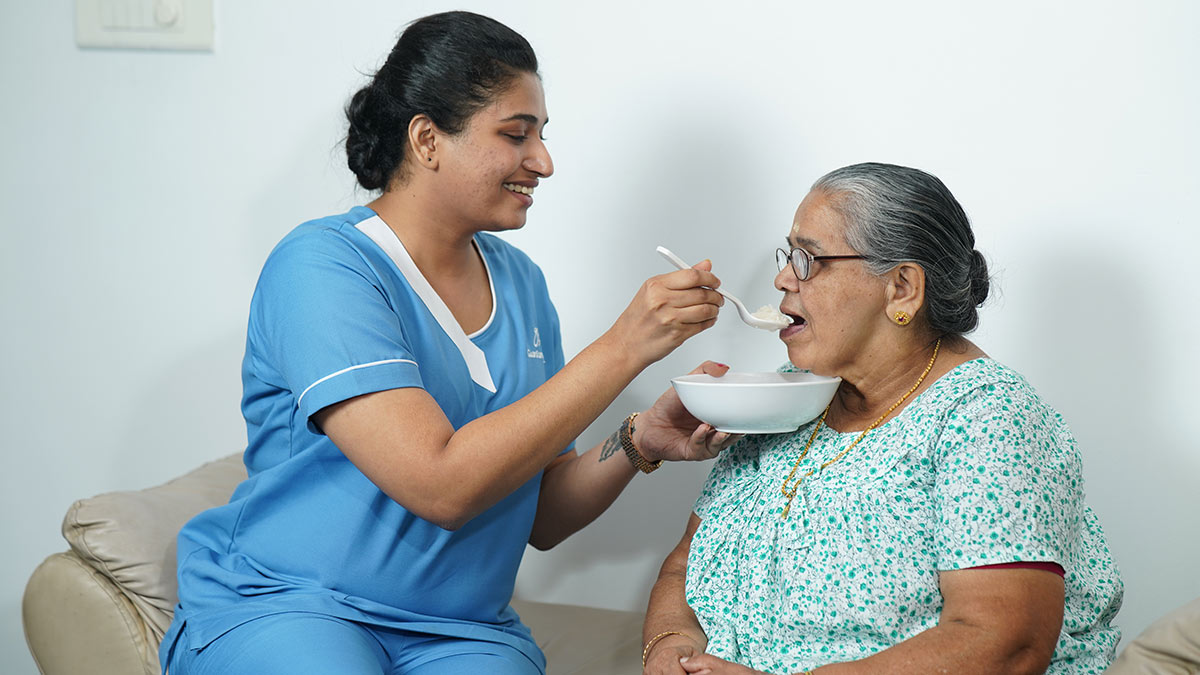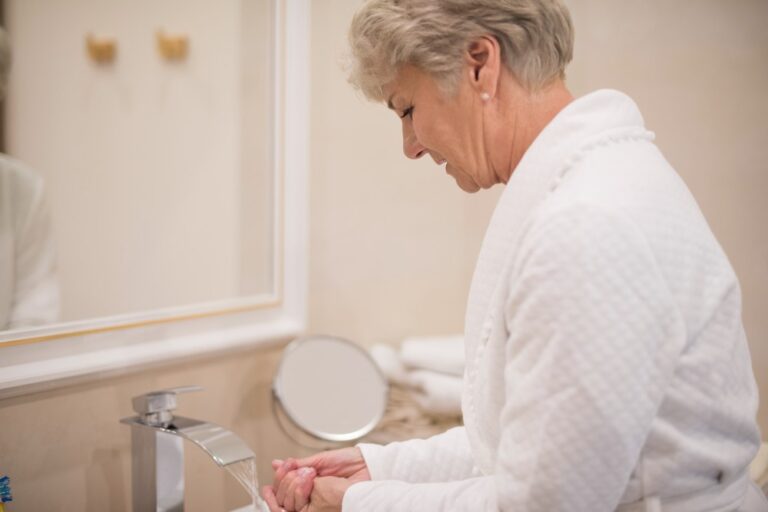Table of Contents
- 1. Benefits of Companionship on Mental and Physical Health
- 2. Factors to Consider When Choosing a Care Companion
- 3. Challenges of Companionship in Elderly Care
- 4. Strategies for Establishing Companionship in Elderly Care
- 5. How Technology Can Enhance Companionship in Elderly Care
- 6. Takeaways on the Importance of Companionship in Elderly Care
As we age, the need for companionship becomes increasingly vital. For elderly individuals, social connections can greatly influence their physical and emotional wellbeing. This article explores the significance of companionship in elderly care and offers insights on how family members, caregivers, and support networks can collaborate to enhance the quality of life for seniors.
1. Benefits of Companionship on Mental and Physical Health
Companionship offers a multitude of benefits for seniors, impacting both mental and physical health positively. Studies have indicated that social interactions can significantly reduce feelings of loneliness and isolation, which are often linked to depression, anxiety, and even higher mortality risks.
Additionally, companionship fosters cognitive engagement. Regular conversations and interactions can enhance cognitive functions, contributing to better coordination and physical health. Seniors who maintain meaningful relationships tend to experience improved emotional states and healthier lifestyles. Thus, facilitating social interactions should be a fundamental aspect of elder care, nurturing not only their minds but also their bodies and spirits.
2. Factors to Consider When Choosing a Care Companion
Selecting the right companion for elderly individuals is crucial. Here are key factors to consider:
Compatibility
Choose a companion whose personality aligns with that of your loved one. A strong rapport enhances the likelihood of forming a meaningful bond, which is essential for effective companionship.
Trustworthiness
Trust is paramount in any caregiver relationship. Ensure that the individual you select has demonstrated reliability and integrity, as this fosters a secure environment for your loved one.
Commitment
Look for a companion who is dedicated to providing consistent care. Regular check-ins and monitoring changes in the elder’s condition are vital components of quality care.
By focusing on these factors, families can find companions who not only meet practical care needs but also enrich the emotional landscape of elderly individuals.
3. Challenges of Companionship in Elderly Care
Despite its many benefits, companionship in elderly care can pose several challenges:
Availability of Companions
Finding suitable companions can be difficult due to geographic limitations and the availability of quality care services in certain areas. Families may need to explore various options and resources to find the right fit.
Emotional Attachment
While strong emotional bonds between companions and seniors can be beneficial, they can also lead to complications. It’s important to maintain a professional relationship to ensure the emotional well-being of both parties.
Logistical Considerations
Managing appointments, medications, and transportation for seniors can be complex. Caregivers must stay organized and attentive to avoid potential confusion or health risks.
By acknowledging and addressing these challenges, families can create supportive environments where seniors can thrive despite the obstacles associated with aging.
Learn More: Rise and Shine: Tips for a Healthy Morning Routine for Seniors
4. Strategies for Establishing Companionship in Elderly Care
To cultivate meaningful relationships, consider the following strategies:
Engage in Meaningful Conversations
Utilize clear and relatable language when interacting with seniors. Avoid contentious topics and focus on shared interests, which can foster trust and encourage ongoing communication.
Encourage Group and Individual Activities
Participating in group activities, such as games or crafts, can stimulate social interaction and create shared experiences. One-on-one activities, like walking or reading together, also help build strong, personal connections.
Introduce Pet Companions
Animals can provide comfort and joy to seniors. Pets offer unconditional love and can enhance emotional well-being, making them valuable companions.
By implementing these strategies, caregivers can enhance the quality of companionship provided to elderly individuals, enriching their lives significantly.
5. How Technology Can Enhance Companionship in Elderly Care
Technology plays a crucial role in modern elder care, offering innovative solutions to foster companionship:
Digital Connectivity
Platforms like Zoom and social media allow seniors to maintain connections with family and friends, overcoming geographical barriers. Virtual gatherings and shared online experiences can significantly alleviate feelings of isolation.
Virtual Reality Experiences
Virtual reality can transport seniors to new environments, offering immersive experiences that stimulate engagement and promote social interaction with loved ones.
Entertainment Options
From podcasts to online games, technology provides numerous entertainment avenues for seniors. These options not only keep minds active but also encourage social interactions through shared activities.
Leveraging technology can enhance companionship, ensuring seniors feel connected and engaged even when physically distanced from loved ones.
Learn More: What Is Senior In-Home Care and How Can Your Family Benefit From it?
6. Takeaways on the Importance of Companionship in Elderly Care
Companionship is a cornerstone of effective elderly care, fostering connections that significantly enhance emotional support and overall wellbeing. While technology can supplement these interactions, the essence of companionship lies in genuine human contact.
Understanding the individual needs of seniors is essential in providing appropriate companionship. Tailoring interactions and activities to each person’s preferences ensures a fulfilling experience.
By prioritizing companionship and utilizing available resources, families and caregivers can create enriching environments that promote holistic wellness for elderly individuals, paving the way for meaningful, joyful aging.







